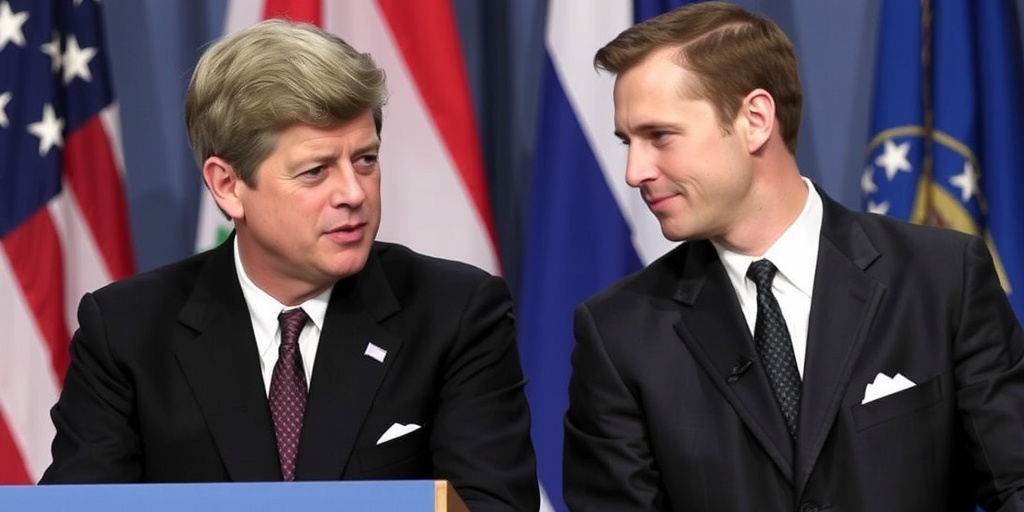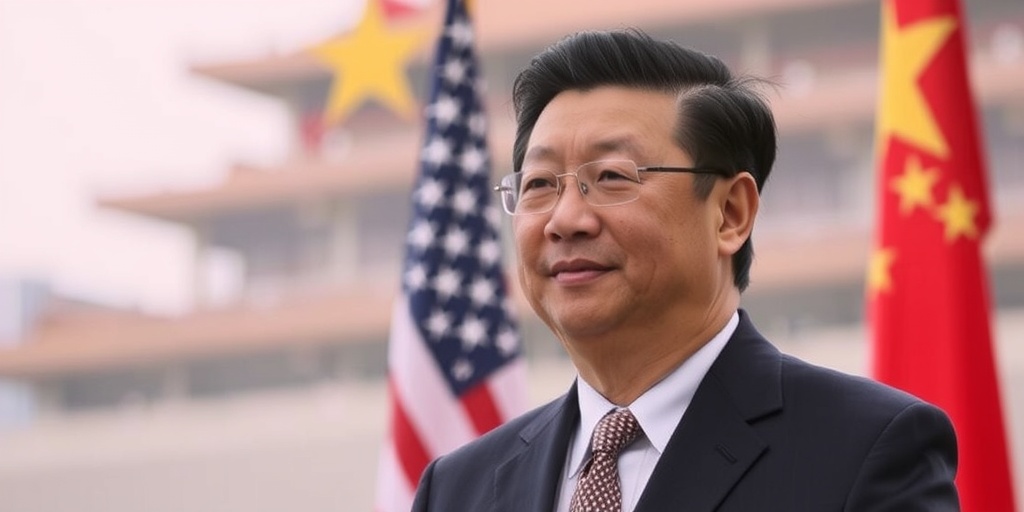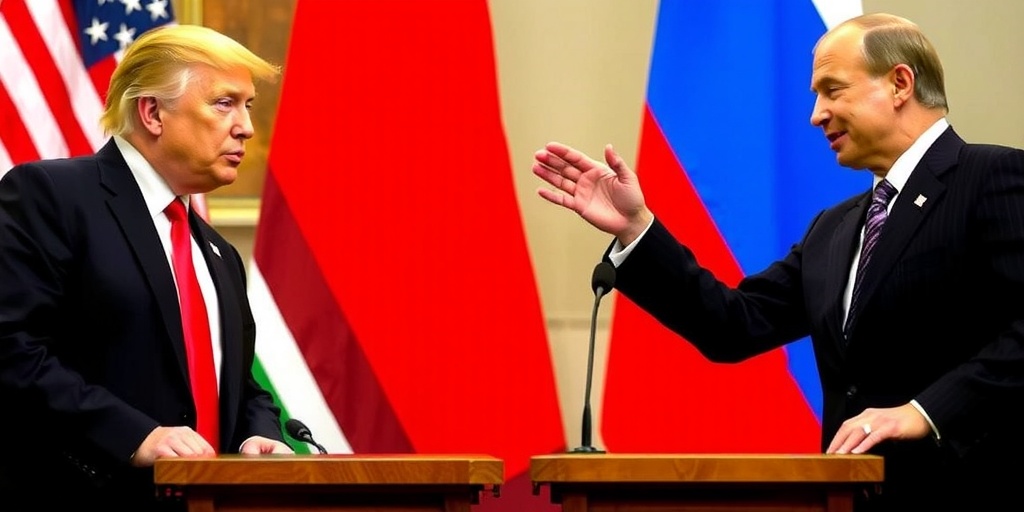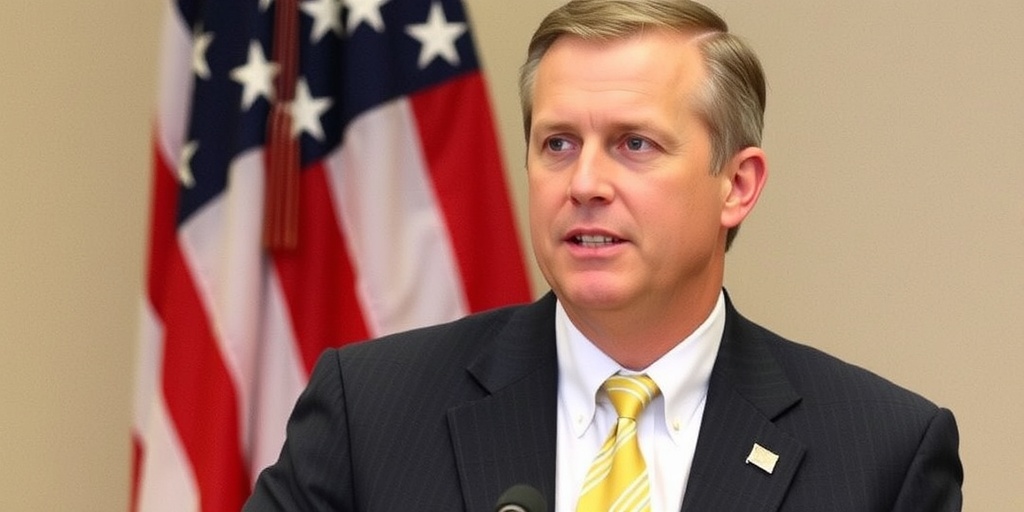Now Reading: Trump’s Tariffs: A Double-Edged Sword for Minnesota’s Iron Range
-
01
Trump’s Tariffs: A Double-Edged Sword for Minnesota’s Iron Range
Trump’s Tariffs: A Double-Edged Sword for Minnesota’s Iron Range
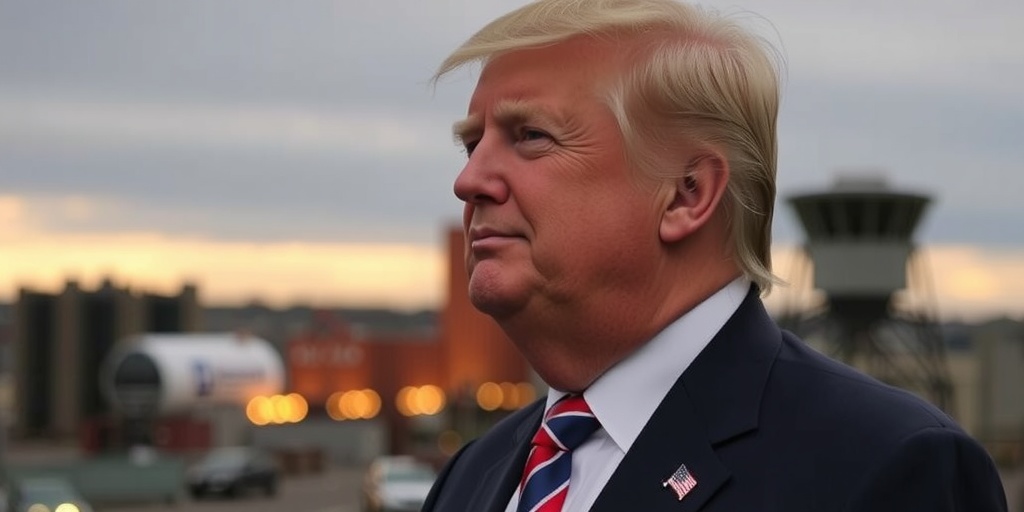
Title: Iron Range Faces Economic Uncertainty Amid Tariff Announcements
In Chisholm, Minnesota, a weekly occurrence shakes the ground as controlled explosions resonate from the nearby Hibbing Taconite mine, a pivotal source of iron ore in the United States. For many residents, the low rumble symbolizes a steady livelihood deeply rooted in mining traditions. However, recent developments have sparked concern over the region’s economic stability following President Trump’s announcement on March 26 regarding a 25-percent tariff imposed on all imported cars and auto parts.
The taconite found abundantly in northern Minnesota is essential for the production of iron ore, which is primarily utilized in steel manufacturing, a cornerstone of the American automotive industry. While the tariff aims to bolster domestic auto manufacturing and has garnered applause from labor leaders, analysts predict that it may eventually lead to turmoil within the sector. Many domestic automakers have already experienced stock declines following the announcement, raising alarms among communities reliant on mining and auto manufacturing.
The announcement comes amidst escalating trade tensions between the United States and Canada, with Trump previously threatening broad tariffs on the close ally and trading partner. In response, Canada has enacted its own tariffs, further complicating the trade landscape.
Cleveland-Cliffs, the steel conglomerate overseeing Hibbing Taconite, recently revealed plans to idle production lines and lay off over 600 workers in the region. This decision stems from a decline in demand for vehicles, leaving local workers like Jed Holewa—also a member of the City Council—facing uncertainty about their jobs. Holewa’s personal connection to the mining industry is deep-rooted; he is the son and grandson of miners and has experienced both highs and lows associated with this volatile sector.
Holewa, a Republican supporter of Trump, acknowledges that the conditions leading to these layoffs predate the tariff announcements. He comments, “This has nothing to do with the tariffs. Look at the price of vehicles right now. Sales are down. Lots are full.” Nonetheless, Cleveland-Cliffs representatives caution local officials that the tariffs could prolong the layoffs, indicating that the broader implications of Trump’s trade policies are complex and often unpredictable.
Observers note that the current layoffs in the Iron Range—intensified by recent production cuts—highlight the region’s vulnerability to Trump’s trade maneuvers. Bob Kill, CEO of Enterprise Minnesota, emphasizes the uncertainty introduced into the supply chain, with the Iron Range closely tied to changes in demand within the auto industry. Although the region stands to benefit theoretically from tariffs on imported steel, its reliance on the auto market means that broader shifts could severely impact local miners.
The economic landscape of the Iron Range has historically been influenced by trade policies and market fluctuations. In particular, the region has seen a stark decrease in mining jobs since the 1980s, due in part to technological advancements and the declining domestic steel industry, which struggled against cheaper foreign imports. This dynamic creates a precarious situation where local fortunes are often dictated by political and economic decisions made at the national level.
As community leaders express concerns regarding the potential fallout from an ongoing trade war, voices from the region are becoming increasingly diverse. Some residents, like county commissioner Mike Jugovich, emphasize that they have little choice but to ride out the economic storm, stating, “We’re joined at the hip to the tariffs.” Meanwhile, others voice cautious optimism, hoping that tough trade policies might ultimately strengthen the local economy.
Grant Hauschild, a state senator from Minnesota’s Third District, represents the dwindling Democratic perspective in a region now largely dominated by Republican politics. He is supportive of protecting industries crucial to national defense but raises concerns about the reckless application of tariffs that could backfire on local businesses and residents.
The complexities of the American auto industry’s supply chain—highlighted by its dependence on cross-border trade with Canada—underscore the challenges associated with haphazard tariff policies. Experts warn that disruptions could ripple through various sectors reliant on smooth interstate commerce, including tourism and utility services dependent on Canadian resources.
Despite the turmoil, some voices in the Iron Range find themselves aligning more closely with Trump’s visionary approach to trade, believing it could bring jobs back to a region that has lost them since the 1960s. Tim Simpson, a retired truck driver from Hibbing, supports the idea of hitting Canada with tariffs, expressing that he hopes they yield results that benefit local workers in the long run.
As the Iron Range grapples with the ramifications of tariffs and trade wars, the community remains at a crossroads—balancing a complex history of political loyalty with an uncertain economic future. The residents of Chisholm and neighboring towns watch closely, aware that the decisions made in the halls of power ripple through their lives, jobs, and the very ground they stand upon.
Stay Informed With the Latest & Most Important News
Previous Post
Next Post
-
 01New technology breakthrough has everyone talking right now
01New technology breakthrough has everyone talking right now -
 02Unbelievable life hack everyone needs to try today
02Unbelievable life hack everyone needs to try today -
 03Fascinating discovery found buried deep beneath the ocean
03Fascinating discovery found buried deep beneath the ocean -
 04Man invents genius device that solves everyday problems
04Man invents genius device that solves everyday problems -
 05Shocking discovery that changes what we know forever
05Shocking discovery that changes what we know forever -
 06Internet goes wild over celebrity’s unexpected fashion choice
06Internet goes wild over celebrity’s unexpected fashion choice -
 07Rare animal sighting stuns scientists and wildlife lovers
07Rare animal sighting stuns scientists and wildlife lovers













